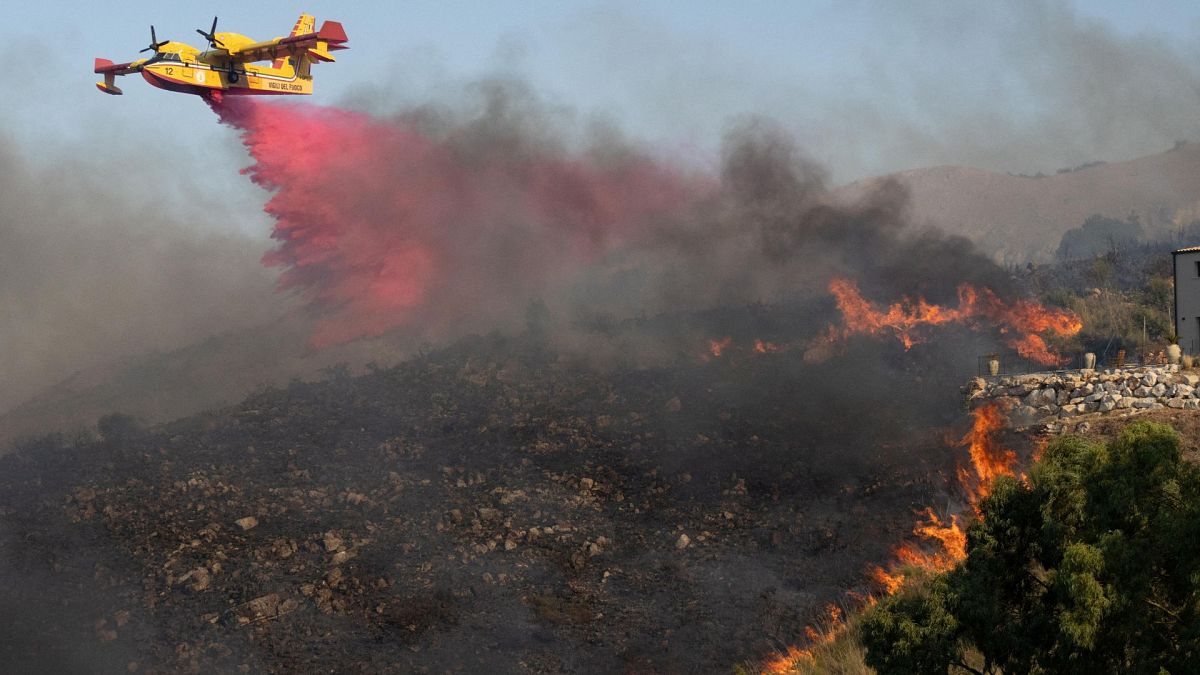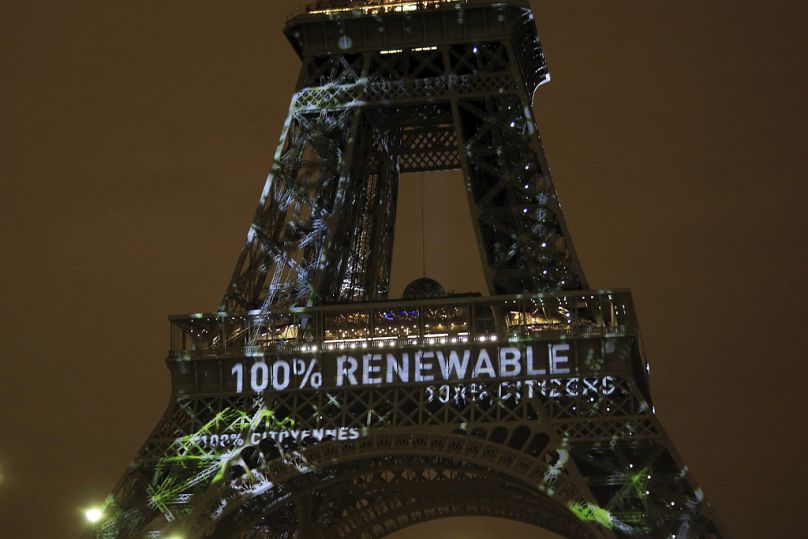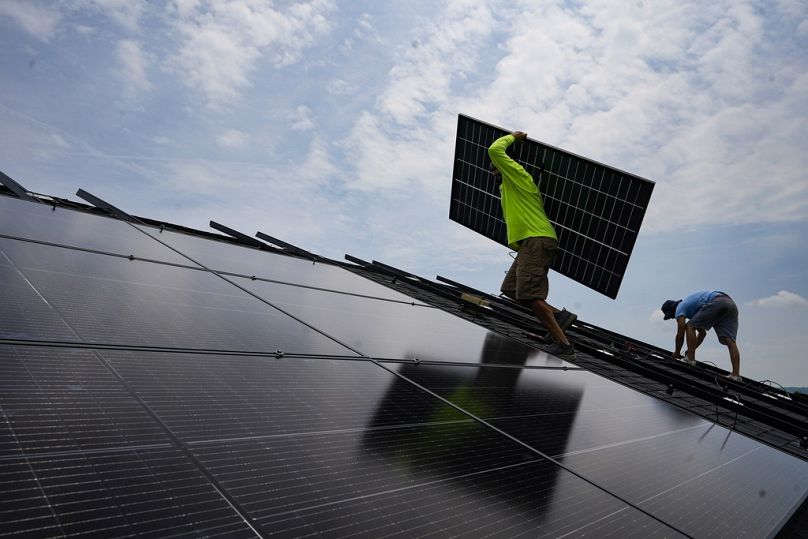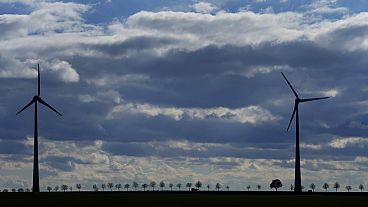A landmark report from the UN says more climate action is needed 'on all fronts'.
The world is not on target to curb global warming and more action is needed on all fronts, a landmark United Nations report warned on Friday.
It says that while the Paris Agreement has "driven near-universal climate action", it is "still inadequate based on the best available science". The window to keep the 1.5C of warming target alive is "rapidly closing".
The Global Stocktake report comes in the run-up to crucial international talks aimed at stemming the growing climate crisis.
It is the latest warning from the UN about environmental perils and will shape COP28 talks in Dubai at the end of the year.
There, governments from around the world will decide what to make of the report's verdicts and recommendations on climate action.
What is the Global Stocktake and why is it important?
The report, culminating a two-year evaluation of the 2015 Paris Climate Agreement goals, distils thousands of submissions from experts, governments and campaigners.
"The Paris Agreement has driven near-universal climate action by setting goals and sending signals to the world regarding the urgency of responding to the climate crisis," it said.
"While action is proceeding, much more is needed now on all fronts."
In 2015, nearly 200 countries agreed in Paris to limit warming to no more than 2C above pre-industrial levels and to strive to keep the increase to 1.5C.
While each country is responsible for deciding its own climate actions, they also agreed to submit a progress report by 2023 to see what more should be done.
The UN said existing national pledges to cut emissions were insufficient to keep temperatures within the 1.5 C threshold.
More than 20 gigatonnes of further CO2 reductions were needed this decade - and global net zero by 2050 - in order to meet the goals, the assessment says.
What does the UN report recommend?
The report urged countries to cut the use of "unabated" coal power by 67-92 per cent by 2030, compared to 2019, and to virtually eliminate it as a source of electricity by 2050.
Low and zero-carbon electricity should account for as much as 99 per cent of the global total by mid-century, and technological challenges holding back carbon capture must be resolved.
The report also called for funding to be unlocked to support low-carbon development, noting that billions of dollars were still being invested in fossil fuels.
"It serves up a bold to-do list for governments to limit warming to 1.5C and protect people everywhere from climate devastation," said Tom Evans, policy advisor on climate diplomacy at British climate think tank E3G.
Commitment is needed to phase out fossil fuels, set 2030 targets for renewable energy expansion, ensure the financial system funds climate action, and raise funds for adaptation and damage, he said.
"Anything less will fall short on the necessary steps laid out in this report."
Leaders must come to COP28 with real commitments
Ambassador Dr Pa'olelei Luteru, chair of the Alliance of Small Island States, said that for small islands facing an enormous crisis, the Global Stocktake "delivers another devastating blow".
"The report confirms that the world is woefully behind on climate action to peak emissions and limit our world’s warming to 1.5°C – and our small island developing states will continue to pay the price for bigger countries’ inertia."
Dr Luteru added that the warnings and recommendations made by the UN need to be a "wake-up call and a trigger for cogent action".
Sultan Al Jaber, who will preside over the summit in the United Arab Emirates (UAE) later this year, told Reuters the stocktake gave good direction.
He urged states and private sector leaders to come to COP28 with real commitments.





